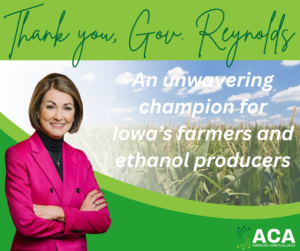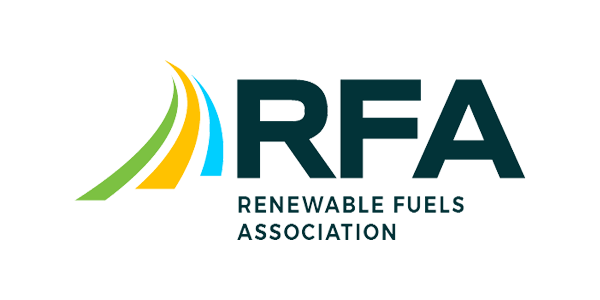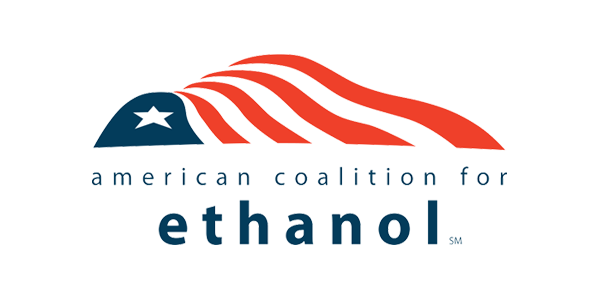The American Carbon Alliance recently sent a letter to Congress, expressing support for the 45Z Clean Fuel Production Tax Credit.
This innovative production tax credit offers incentives for the domestic production of fuels based on their lifecycle greenhouse gas emissions rates, a first of its kind. ACA member companies and organizations, including landowners, ethanol producers, carbon capture pipeline companies, farmers and everyday citizens, have eagerly embraced this new energy future for America.
You can read the full letter below:

Members of Congress,
Thank you for the opportunity to provide feedback on the 45Z Clean Fuel Production Tax Credit (CFPC) and biofuel tax policies. On behalf of the American Carbon Alliance and its members, I am pleased to respond to your inquiries and emphasize the critical importance of 45Z for the biofuels industry, particularly for Midwest ethanol producers and the rural communities they support.
The Importance of 45Z
The 45Z CFPC plays a pivotal role in supporting American farmers, ethanol producers, and rural economies while advancing our nation’s environmental goals. By incentivizing clean fuel production, 45Z directly benefits the Midwest ethanol industry, which serves as a backbone of America’s renewable energy transition. Its framework has the potential to enhance energy independence, reduce carbon emissions, and create jobs across the supply chain.
To ensure 45Z reaches its full potential, its implementation must prioritize flexibility, accessibility, and stability while maintaining the critical support it provides to domestic ethanol producers and rural economies.
Addressing Policy Questions
- Extension of 45Z Beyond 2027
To provide the certainty needed for long-term investment and innovation, 45Z should be extended for at least 10 years. This extension ensures ethanol producers and other stakeholders can plan for the future and make meaningful advancements in emissions reductions and fuel efficiency. Phasing out should be tied to measurable outcomes, such as achieving targeted reductions in carbon intensity (CI) across the sector. - Success Metrics and Phase-Out Strategy
Success for 45Z is defined by sustained growth in low-carbon fuel production, reductions in CI scores, and economic gains in rural communities. A phase-out should only occur once clean fuel technologies are fully integrated into the market and can compete effectively without incentives. - Risks and Benefits of Immediate Modifications
Immediate modifications could exacerbate delays and create confusion. However, implementing changes with a delayed effective date—such as in 2026—could balance the need for adjustments with the industry’s need for predictability. Early and transparent guidance from the Treasury Department is crucial. - Enhancing Participation for American Farmers
45Z should prioritize accessibility for American farmers and ethanol producers to ensure robust participation and equitable benefits. Supporting climate-smart agricultural practices, refining CI calculations, and providing clear guidance on eligibility criteria will maximize the credit’s effectiveness for stakeholders across the biofuels supply chain. - Fuel and Transportation Modes Inclusion
Expanding 45Z to include alternative transportation modes, such as rail and marine, and emerging low-carbon fuel types can further broaden the credit’s impact. Midwest ethanol producers are well-positioned to supply clean fuel solutions for these modes, ensuring their competitiveness in evolving markets. - Sustainable Aviation Fuel (SAF)
SAF that meets GREET standards should be allowed for both domestic and international flights. Ensuring flexibility between GREET and CORSIA standards will support broader adoption and strengthen U.S. leadership in sustainable fuel production.
Conclusion
The 45Z Clean Fuel Production Tax Credit is a vital tool for sustaining and growing America’s ethanol industry, particularly in the Midwest. By extending and refining the credit, Congress can provide the stability and inclusivity needed to meet environmental goals while supporting the farmers, producers, and communities that depend on biofuels.
The American Carbon Alliance remains committed to working with Congress to ensure that 45Z delivers maximum impact for the biofuels economy. We are available to provide additional insights or address any further questions.
Sincerely,
Tom Buis
Chief Executive Officer
American Carbon Alliance









































